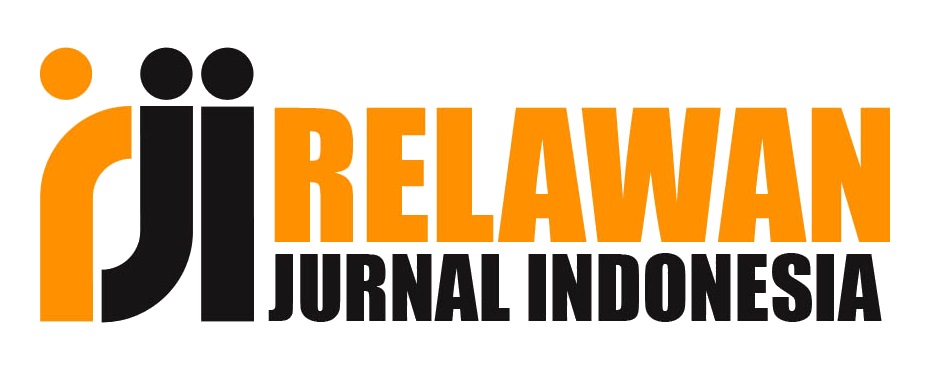Publication Ethics
Statement of Ethics for Journal of Educational Innovations and Technologies (JEIT)
Published by Cipta Pustaka Nusantara
This statement was adapted from the principles of the Committee on Publication Ethics (COPE) and outlines the code of ethics for the chief editor, editorial board members, reviewers, and authors. Articles published in the Journal of Educational Innovations and Technologies (JEIT) are an essential building block in the development of a coherent and respected network of knowledge on education and are a direct reflection of the authors' and institutions' quality. It is therefore critical to uphold standards of ethical behavior for all parties involved in the publishing process: authors, journal editors, peer reviewers, publishers, and society at large.
Editors of the Journal of Educational Innovations and Technologies (JEIT) are committed to ensuring that all procedures are directed solely toward facilitating an objective and intellectual review and publication process. Further, editors and reviewers evaluate manuscripts without regard to race, gender, sexual orientation, religious beliefs, ethnic origin, citizenship, or political and group interests.
Duties of Authors
Ensure that only new and original work is submitted.
Refrain from reproducing work that has been previously published in other journals.
Avoid submitting articles that are under review or consideration by other journals simultaneously.
Publish their work elsewhere only after receiving formal rejection from this journal or after their withdrawal request has been officially accepted.
Inform the Chief Editor or publisher of any inaccuracies in their published work so that corrections or retractions can be made.
Make significant contributions and accept accountability for any shortcomings in their work.
Duties of Reviewers
Disclose any competing interests before agreeing to review a submission.
Decline to review any submission if there is a conflict of interest or insufficient expertise.
Review all submissions objectively, fairly, and professionally.
Report any ethical misconduct encountered during the review process to the Chief Editor for appropriate action.
Ensure the originality of submissions and remain vigilant for any signs of plagiarism or redundant publication.
Avoid discussing the content of the submission without permission.
Adhere to the allotted review time, with any requests for extensions subject to the Chief Editor’s approval.
Duties of Editorial Board Members
Actively contribute to the development and betterment of the journal.
Serve as ambassadors for the journal.
Support and promote the journal consistently.
Review any work assigned to them in a timely and professional manner.
Duties of the Chief Editor
Evaluate manuscripts fairly and solely based on their intellectual merit.
Maintain confidentiality of manuscripts, disclosing information only to those involved in the publication process.
Decide on the timing and selection of articles to be published.
Actively seek feedback from board members, reviewers, and authors to improve the journal's image and visibility.
Provide clear instructions to potential contributors regarding the submission process and expectations.
Ensure the selection of appropriate reviewers for the evaluation process.










